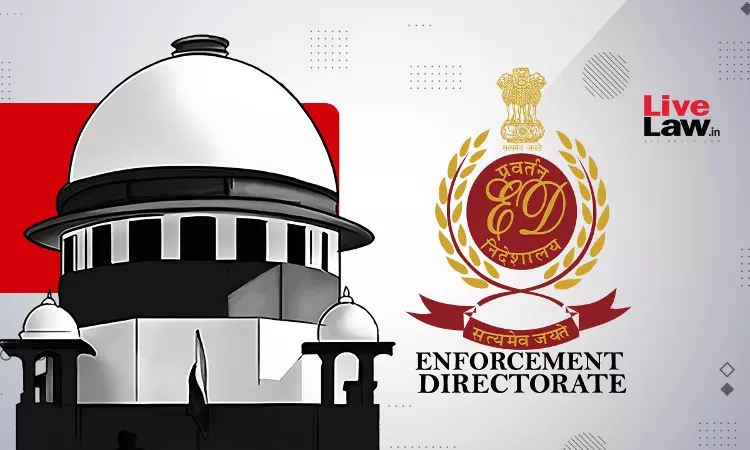Mere Non-Cooperation To ED Summons Not A Ground For Arrest Under PMLA; ED Can't Expect Admission Of Guilt From Person Summoned : Supreme Court
LIVELAW NEWS NETWORK
4 Oct 2023 11:11 AM IST

It is not open to the ED to expect an admission of guilt from the person summoned for interrogation and assert that anything short of such admission would be an 'evasive reply', the Court said.
Next Story


